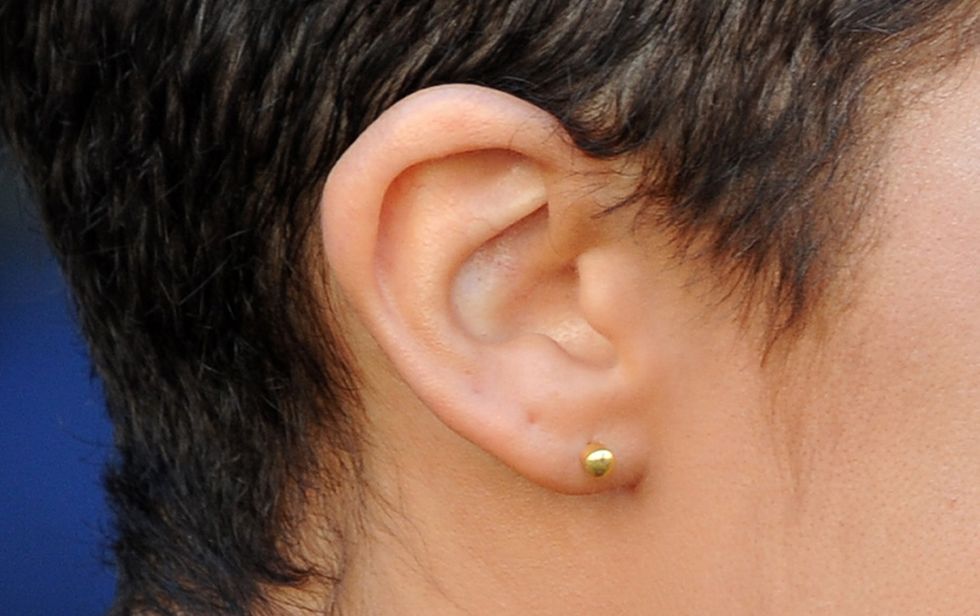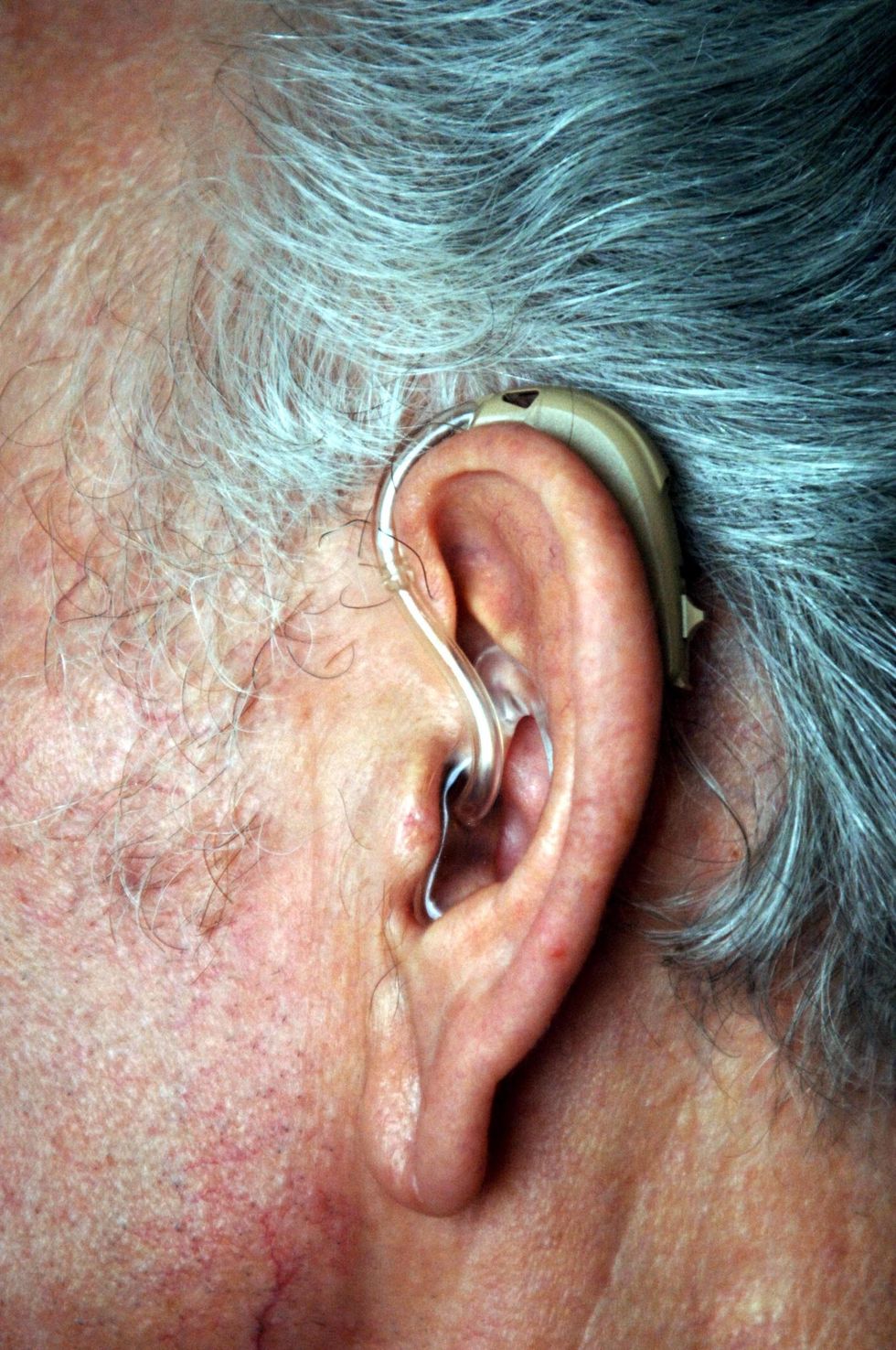A build up of earwax can cause hearing loss
GETTY
Millions of Britons may miss out on the free service
Don't Miss
Most Read
Trending on GB News
Earwax removal services available on the NHS have been pulled in parts of England, according to new findings.
This could cause a rise in Britons using dangerous methods to remove earwax themselves.
GPs can still refer patients to a specialist for treatment, but the number of areas offering this has dropped, according to the national hearing loss charity RNID.
It found parts of England had told patients they would no longer offer the service through a freedom of information request.
Do you have a health story you’d like to share? Contact our team by emailing lifestyle@gbnews.uk.

Some areas appear to have scrapped NHS earwax removal
PA
It said there are no NHS ear wax services in Birmingham & Solihull, Cornwall & Scilly Isles, Dorset, Mid & South Essex, NW London, SW London and Suffolk & NE Essex.
This affects millions of people who have to fork out if they want the treatment.
RNID's director of health Crystal Rolfe said: "For the 10 million people who live in areas where there is no provision, the only option is to pay for it, which we know can cost up to £100 for just one procedure.
"Previous research shows that 26 per cent of people say they wouldn't be able to afford that, partly because some people need to have earwax removed several times a year."
A build-up of earwax can interfere with hearing and cause symptoms like dizziness and sickness.
However, DIY methods to remove this such as using cotton buds or hairpins can be incredibly dangerous.
Mrs Rolfe continued: "For most people, it's a self-cleansing mechanism and the wax just comes out on its own.
"If it's got stuck in your ear, then you should go and see a GP, who might sometimes suggest olive oil drops in the first instance."
LATEST DEVELOPMENTS

Britons are warned dangerous DIY methods of earwax removal
PA
The Government said local health boards are in charge of commissioning the service based on the needs of people in the area.
GPs have the authority to refer patients to a specialist audiology service if their condition is linked to hearing loss.
Information is available on the NHS website about treating earwax safely at home.
This comes as a new NHS test could help Britons detect dementia 15 years before symptoms appear.








